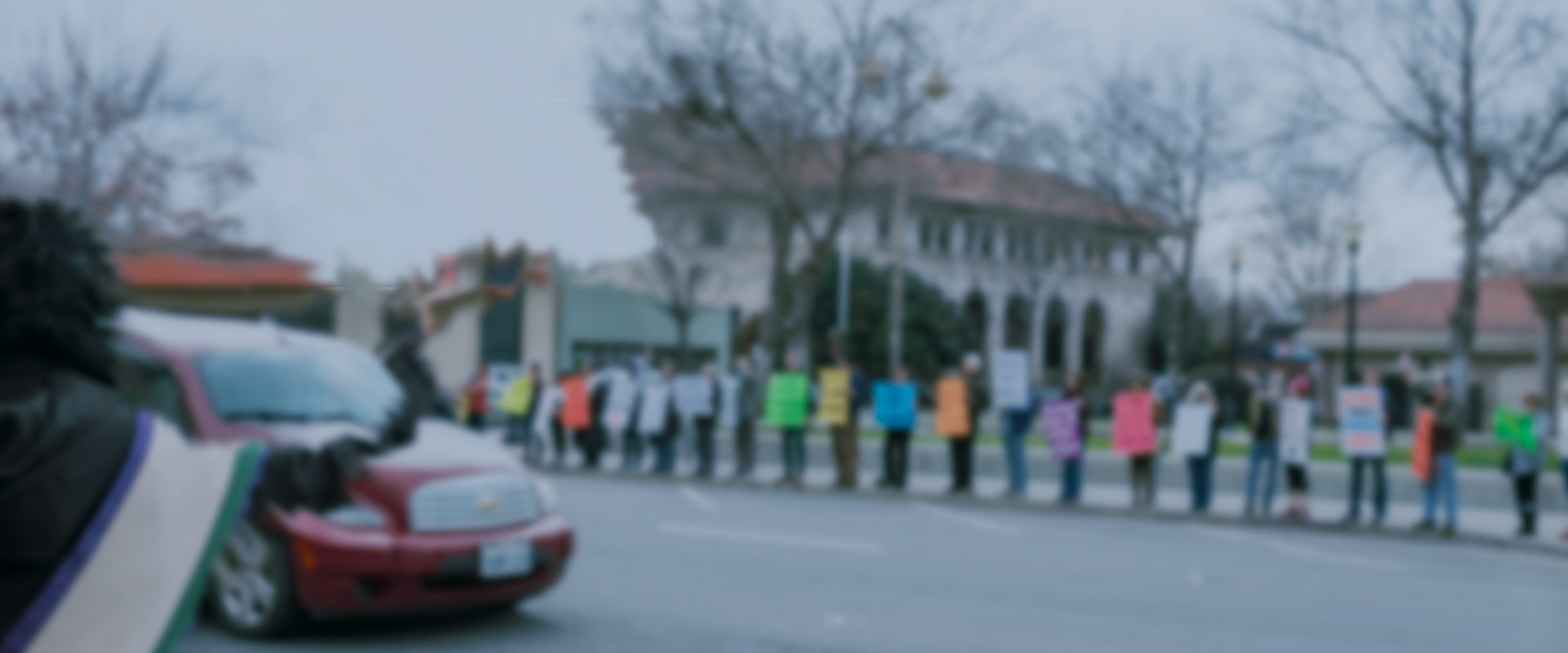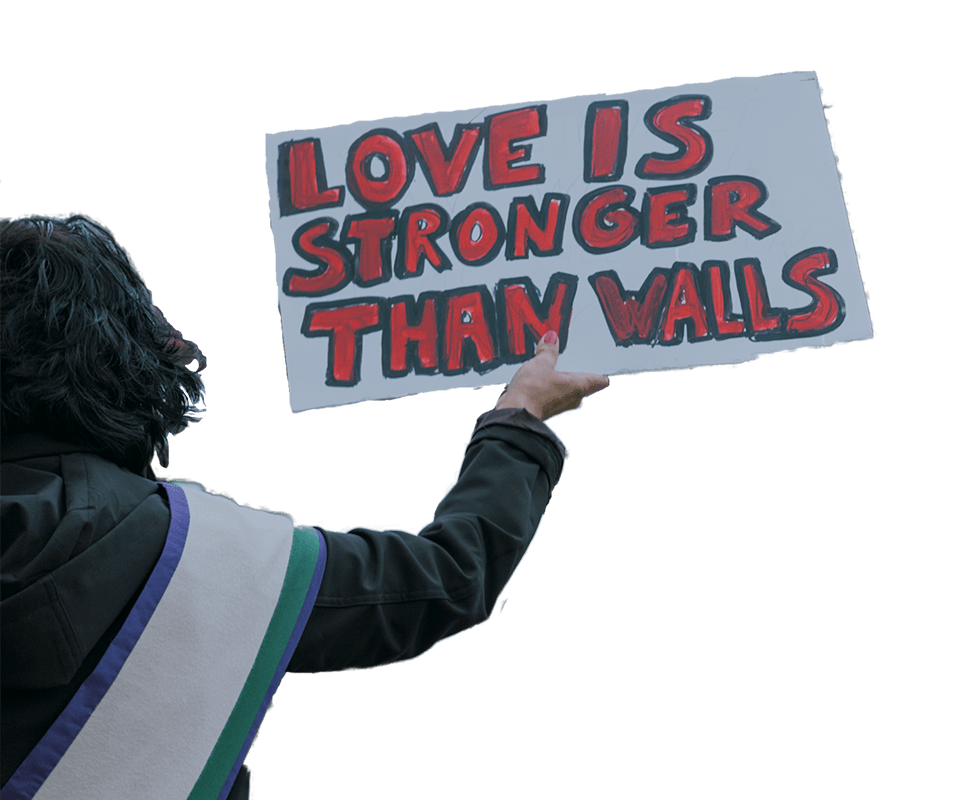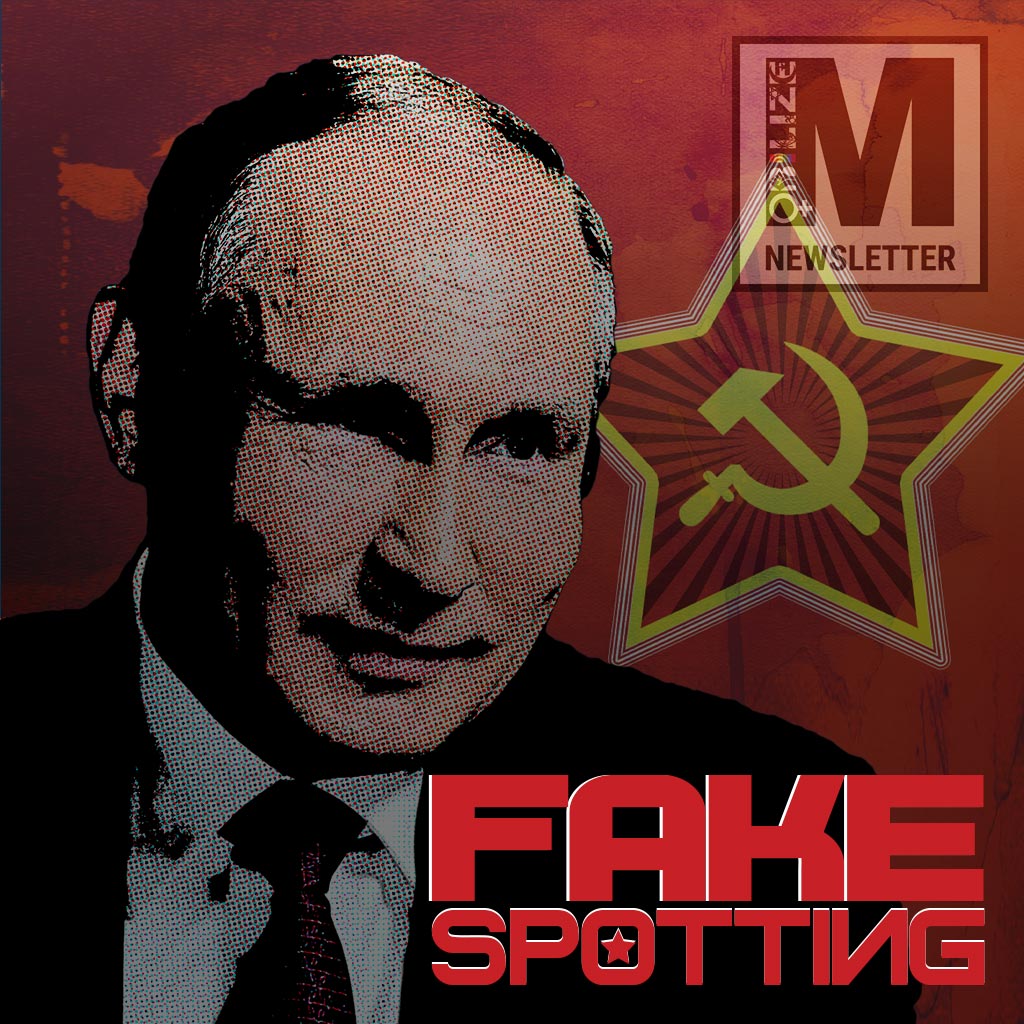It's on us now. We are the adults in the room.
I'm a proponent of privacy rights and digital information & identity security, and as such I've been paying close attention to the first section of the Mueller report. That's the section deals with Russian election interference primarily in social media.
I picked up the audio-book version of the Mueller Report from Audible and you can too - it's free. The audio-book is 19 hours long and is read by Marc Vietor who has a silky smooth voice.
The first two hours are brutally enlightening - like going from a dark room to staring directly at the sun immediately. Somehow this part of the report has not gotten the coverage it deserves from the media. The focus has been on the "collusion" section of the report.
If you don't want to read or listen to the report (you totally should), here are just a handful of key takeaways from the first two hours of listening:
- Russian ads targeted republicans AND democrats to widen the division (divide and conquer...)
- The Kremlin guided Internet Research Agency (IRA) created thousands of very authentic looking, but fake accounts and groups
- The groups and accounts drew tens of thousands of actual American voters as followers and "likes"
- Knowing that large numbers of followers and "likes" give the appearance of legitimacy to audiences and potential followers, the IRA created a large number of additional fake accounts meant to "like" stories en masse
- The fake accounts also shared a great deal of factual news stories from actual legitimate media sources to further fortify the appearance of authenticity
- The fake users would pepper in a few bogus stories here-and-there knowing they'd established the accounts as reliable sources of news
- PUNCHLINE: Facebook estimated that the BS news stories and ads reached an 126 million on their platform. Twitter is a silent kettle of fish
The above was just to set the stage for why we should all get on top of this ASAP.
Facebook, Twitter, Iran, and Vlad are lining up and frothing like pack of hungry predators with the election in 2020 looking like a fat and juicy holiday turkey, or a nice clump of tofurkey (what do you call a portion of tofurkey?).
It's crucial to step up vigilance in consuming news and become more efficient at spotting BS in the wild. Additionally, since the social media sites are not leaders in combating fake news, it's on us to call these things out when we see them and before they spread.
How do you spot fakes?
Here are a few suggested readings to get you started:
- Learn about "Typosquatting" from this short Forbes article written in layman's terms - its excellent
- Familiarize yourself with media synthesis and "deep fakes" from this CNN article (with a compelling video)
- This BBC article was specifically setup with educators in primary & secondary schools in mind to help them teach children about spotting fake news. Kids tend to post lots of things on social media.
Keep fighting the good fight!

Roderick with Mobilize





















